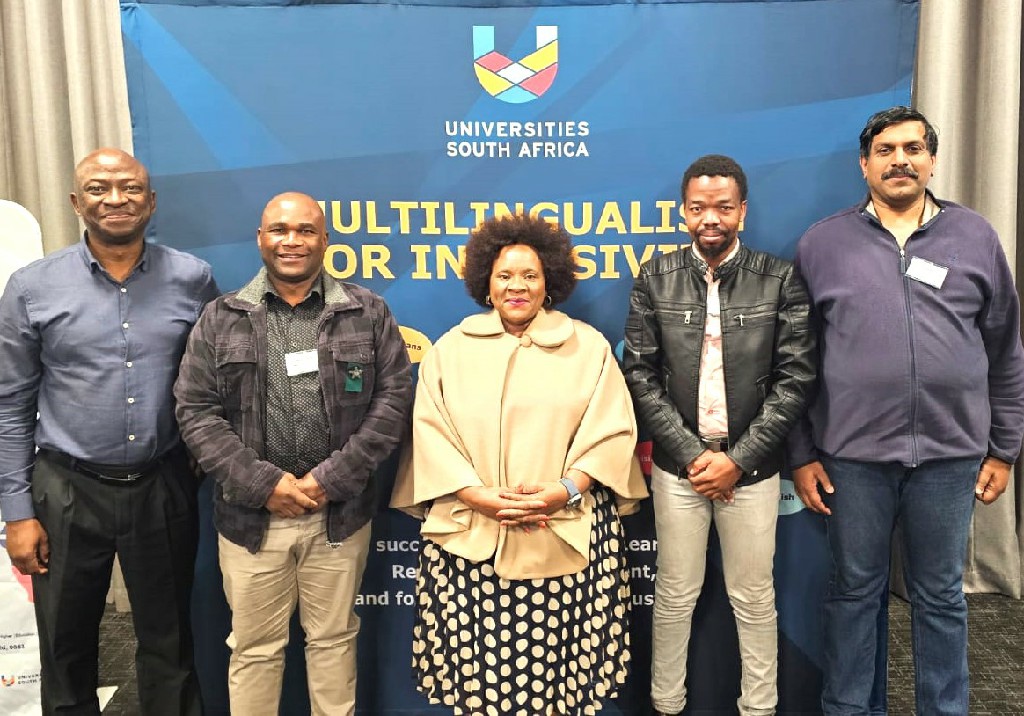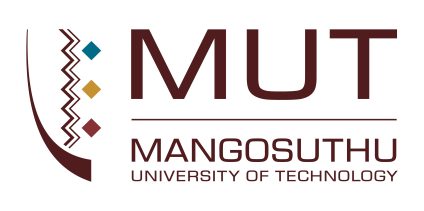
South Africa’s higher education sector is undergoing significant transformation, spearheaded by the Universities South Africa Forum (USAf). Dr Phethiwe Matutu, the CEO of USAf, has appointed Vice-Chancellor Letlhokwa Mpedi from the University of Johannesburg as the Chairperson of the World of Work Strategy Group (WSG). Professor Nokuthula Sibiya, MUT Vice-Chancellor and Principal, will serve as the Deputy Chairperson. This group includes a Working Group led by selected academics and administrators from each university, all focused on a crucial mission: to align higher education with the evolving demands of both the global and local job markets.
The WSG has identified key focus areas to tackle by 2025: Work-Integrated Learning (WIL) and internships; the impacts of the 4th Industrial Revolution (4IR); navigating graduate transitions into the workforce; promoting entrepreneurship; and understanding the societal and technological changes that were shaping the future of work.
“Education without preparation for the world outside these walls misses the mark,” said Professor Nokuthula Sibiya, who is setting the stage for innovation not only at MUT but nationally and internationally.
One major initiative on the table was the drafting of a national WIL Policy, which sought to ensure that every student in a South African university could seamlessly transition from classroom learning to practical experience in their chosen fields. Backed by a generous Erasmus+ grant, the WSG is dedicated to securing a standardised approach to WIL, ensuring it is not just a privilege for a few, but a pathway available to all.
One of the critical points of discussion is the fluidity of artificial intelligence (AI) in academia. “While the Covid-19 pandemic has accelerated digital transformation, as the WSG, we are recognising a pressing need to adapt curricula, leadership approaches, and partnerships to prepare graduates for a rapidly changing employment landscape. We cannot afford to remain stagnant. Our institutions must evolve, embracing technology and innovation at every turn,” said Professor Sibiya, who is also leading an MUT delegation drawn from teaching and learning, Work-Integrated Learning, engineering and research.
“It is pivotal that our colleagues participate on a national stage where they, together with their peers, could create policies that would shape regulations around WIL and foster entrepreneurship. We envision a future where tracking graduate outcomes is the norm, ensuring that every student’s journey is celebrated and analysed”, added Professor Sibiya.
The WSG is committed to ensuring that South African public universities rise to the challenge, creating pathways for graduates to thrive in an increasingly complex and changing world. And in that moment, the story of transformation in higher education began to unfold, setting the stage for a brighter, more adaptable, future-inclusive, and is workforce-aligned.
